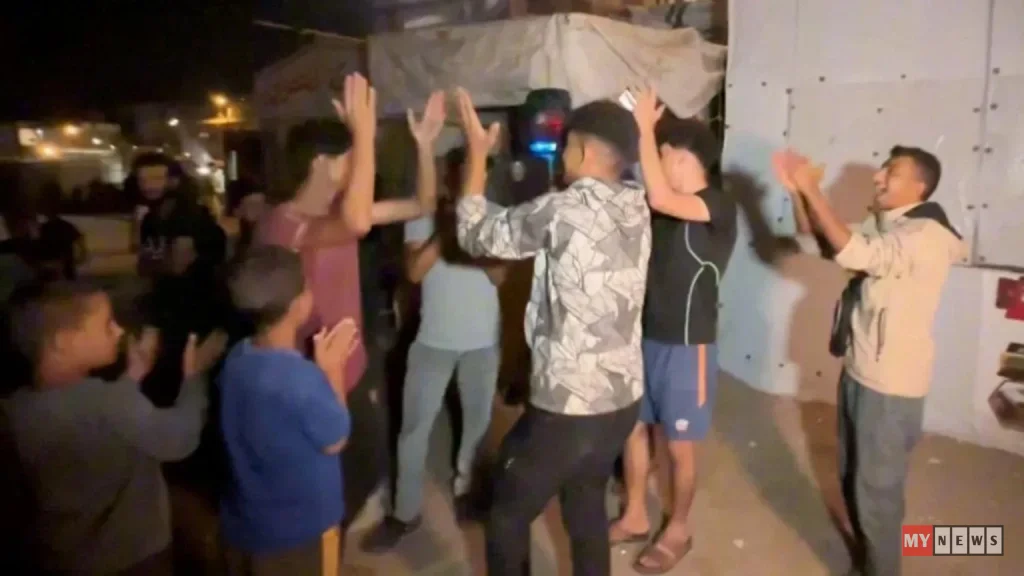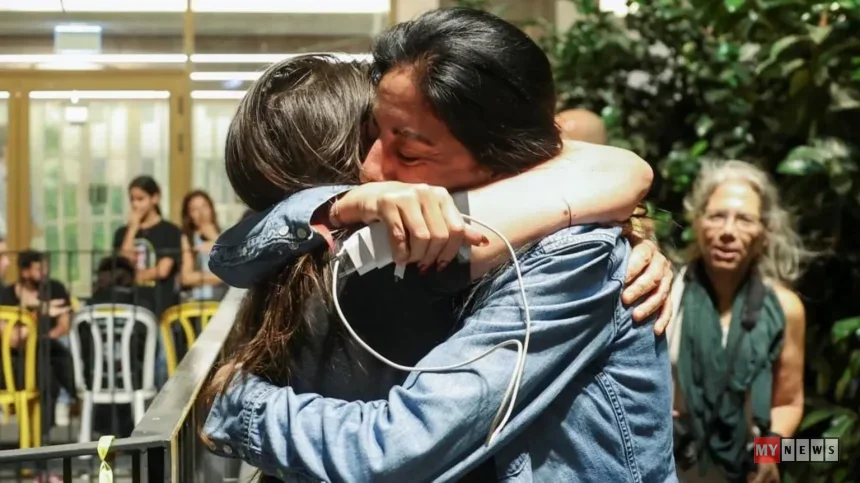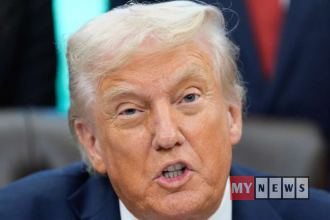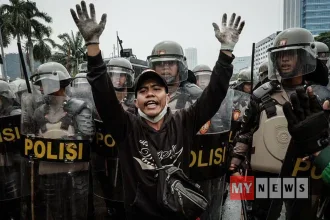Israel and Hamas have reached an agreement on the first phase of a Gaza ceasefire deal, including plans for troop withdrawal and hostage release — a major step toward ending the conflict.
In a major diplomatic breakthrough, Israel and Hamas have reached an agreement on the first phase of a ceasefire and hostage release deal, raising global hopes for an end to the prolonged and devastating conflict in Gaza.
According to officials involved in the discussions, Hamas has agreed to release 20 Israeli hostages still in its custody, while Israel will withdraw its troops to an agreed line and release nearly 2,000 Palestinian detainees. The move comes after months of indirect negotiations held in Egypt and represents the most significant progress since hostilities began two years ago.
Israeli Prime Minister Benjamin Netanyahu described the development as “a great day for Israel” and confirmed that his cabinet would meet to approve the agreement. Once approved, a ceasefire will formally begin, with Israeli forces expected to partially pull back from the Gaza Strip — controlling around 53% of the territory under the new arrangement.

Humanitarian Relief and Political Implications
Under the first phase of the agreement, Israel will allow up to 400 aid trucks to enter Gaza daily for the first five days, with provisions to increase this number in the later stages. The deliveries will include food, medicine, and essential supplies for civilians affected by the two-year-long conflict.
Hamas has welcomed the agreement, confirming that it includes both troop withdrawal and humanitarian aid entry. The group also called on U.S. President Donald Trump to ensure that Israel complies with all terms of the deal.
This ceasefire is believed to be the initial step in a larger 20-point peace plan proposed by Trump in September, which outlines a roadmap toward long-term stability in the region. The plan envisions a transitional government for Gaza under international supervision, potentially led by a committee involving former UK Prime Minister Tony Blair. Hamas, however, would be excluded from holding any formal political role under this proposal.
Global Response and Ongoing Challenges
The announcement has drawn a cautious welcome from leaders around the world. UN Secretary-General António Guterres called the agreement a “momentous opportunity,” pledging full UN support for its implementation and the rebuilding of Gaza. Israeli President Isaac Herzog also expressed solidarity with the families of hostages, calling the deal a step toward healing the nation.
However, challenges remain. The list of Palestinian detainees set to be released includes several high-profile figures, but Israel confirmed that Marwan Barghouti — a potential future Palestinian leader — will not be among them. Further negotiations will be needed to address complex issues such as Hamas disarmament, long-term governance of Gaza, and regional security guarantees.
Scenes of Hope in a War-Torn Region
News of the ceasefire triggered emotional reactions across Israel and Gaza. In Tel Aviv’s Hostage Square, families of remaining hostages celebrated with fireworks and prayers, though many expressed cautious optimism until they are reunited with their loved ones. In Gaza, weary residents filled the streets in celebration, expressing relief and hope that years of bloodshed may finally end.
Mousa, a doctor from central Gaza, shared his emotional reaction: “We’ve lost so much during this war — our homes, our loved ones, our peace. But even a small step toward safety is something to believe in.”
Since the October 7, 2023, Hamas-led attacks that killed around 1,200 Israelis and saw 251 people taken hostage, the conflict has claimed more than 67,000 Palestinian lives, including thousands of children, according to Gaza’s health ministry figures verified by the UN. The region continues to face severe humanitarian crises, with widespread hunger and destroyed infrastructure.
While the ceasefire is not yet a comprehensive peace agreement, it represents a rare and fragile moment of hope. If both sides can maintain the truce and commit to dialogue, this could mark the first step toward a lasting resolution in one of the world’s most complex and painful conflicts.













